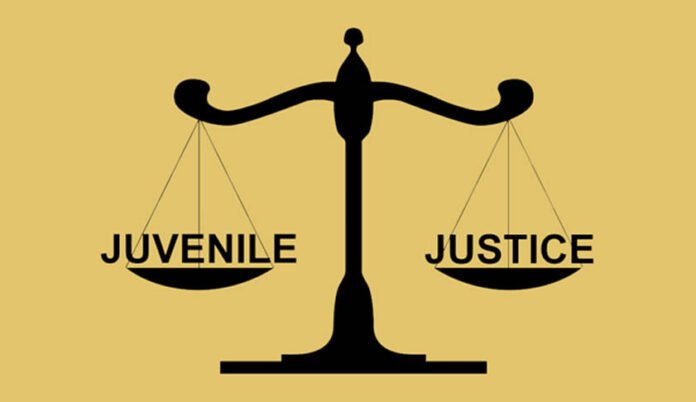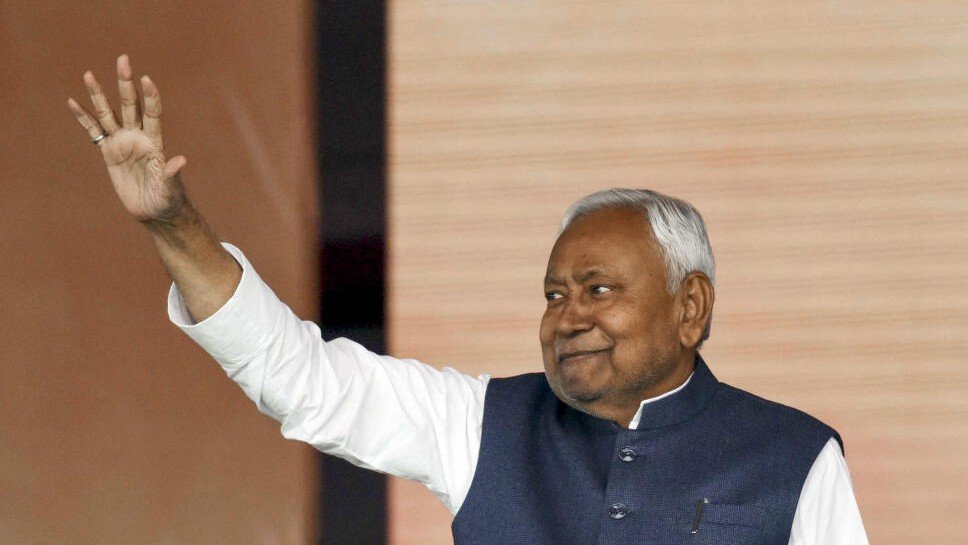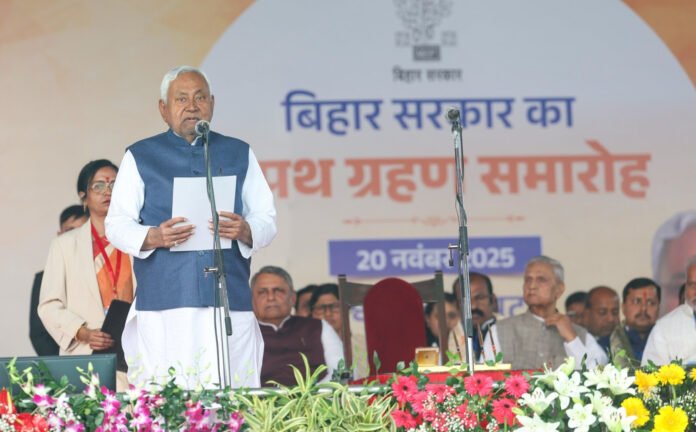More than 50,000 children in conflict with the law remain trapped in a sluggish justice system, with over half of all cases pending before the country’s 362 Juvenile Justice Boards (JJBs), according to a new study released by the India Justice Report (IJR).
Despite a decade since the Juvenile Justice Act came into force, the study reveals persistent gaps — including missing judges, poorly inspected child care homes, absence of structured data systems, and deep inequalities among states.
As of October 31, 2023, JJBs were handling 1,00,904 cases, of which 55% were pending. Pendency varied sharply across states, from 83% in Odisha to 35% in Karnataka. Although 92% of India’s districts have constituted JJBs, one in four boards is functioning without a full bench. Each board carries an average backlog of 154 cases.
The findings also coincide with data showing 40,036 juveniles apprehended in 2023 under IPC and special laws — three-fourths of them in the 16–18 age group.
The report further notes major weaknesses in the rehabilitation structure. Nearly 30% of JJBs lack legal aid clinics, while 14 states and Jammu & Kashmir have no “places of safety” for children above 18. Oversight of Child Care Institutions (CCIs) is inadequate — only 810 of the required 1,992 inspections were conducted across 166 homes.
A glaring data vacuum persists. With no national-level data grid for the juvenile justice system, IJR researchers filed over 250 RTI applications. Of more than 500 responses received, only 36% provided useful information, highlighting weak transparency.
Calling the findings a “warning sign,” IJR chief editor Maja Daruwala said the system depends on a regular flow of information, but “authorised oversight bodies neither receive it routinely nor insist on it.”
The report warns that scattered and inconsistent data has made supervision “episodic” and accountability hollow.



